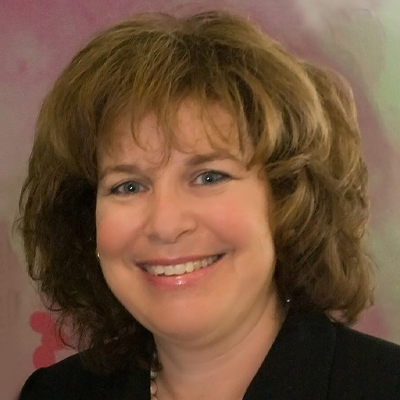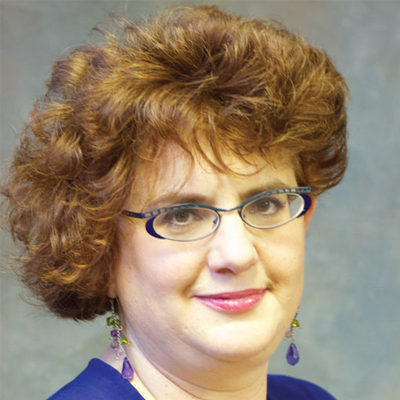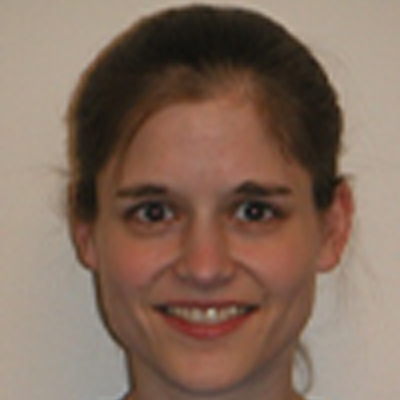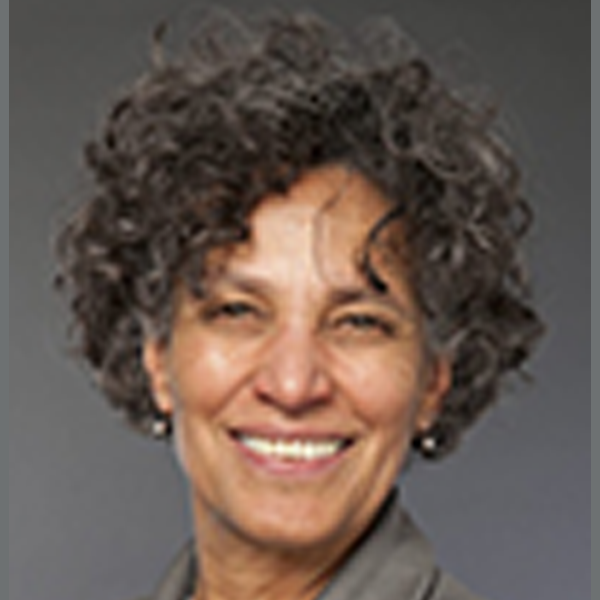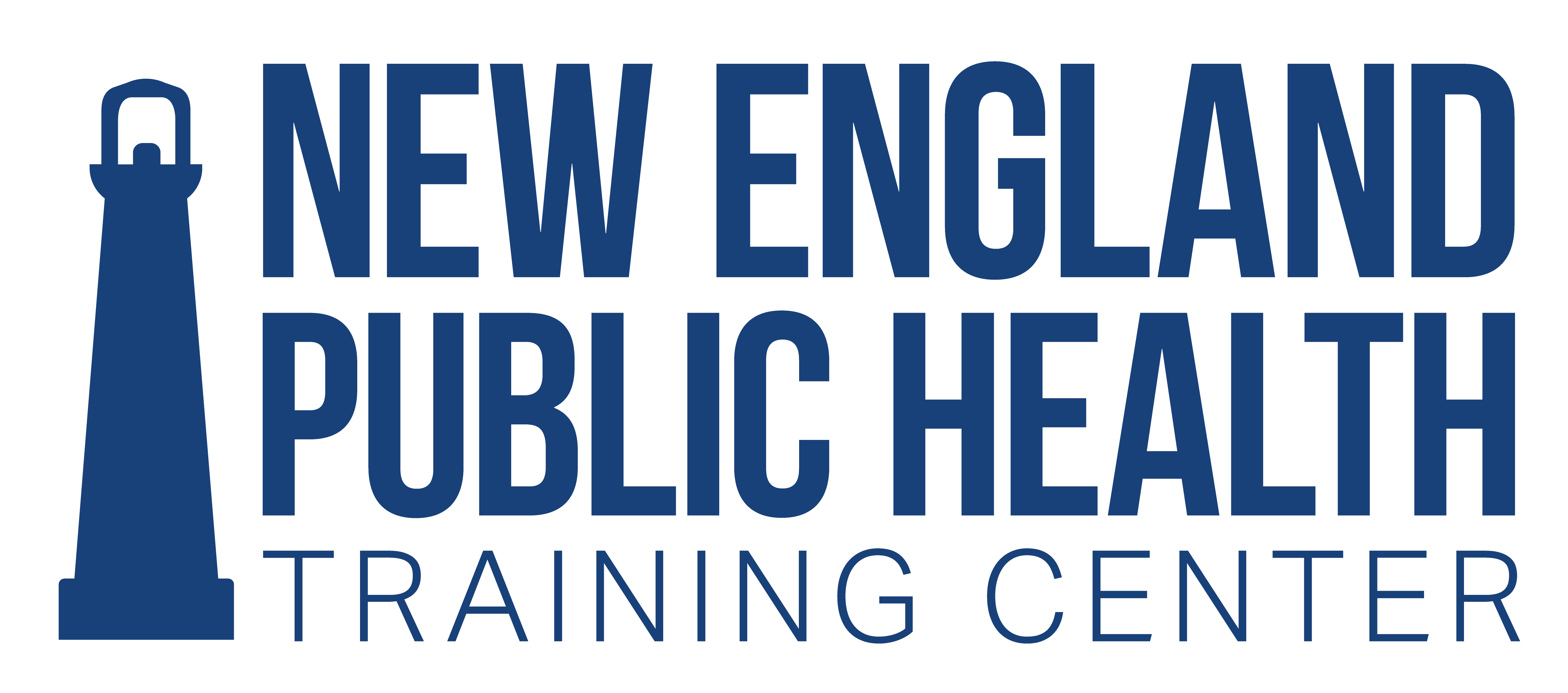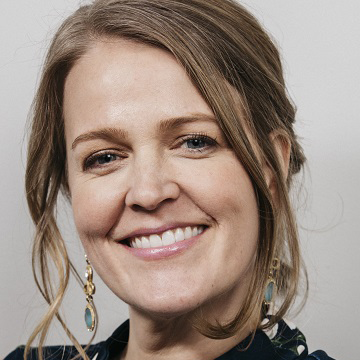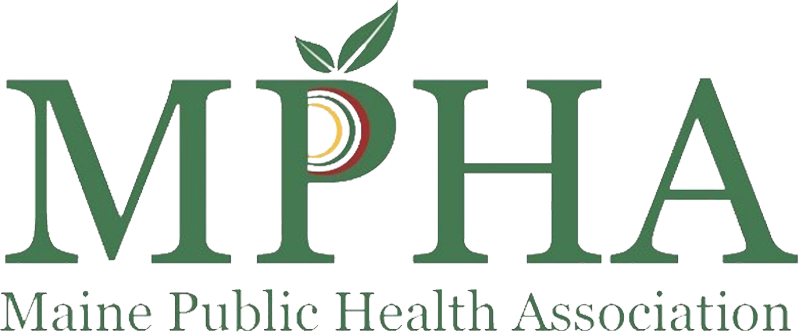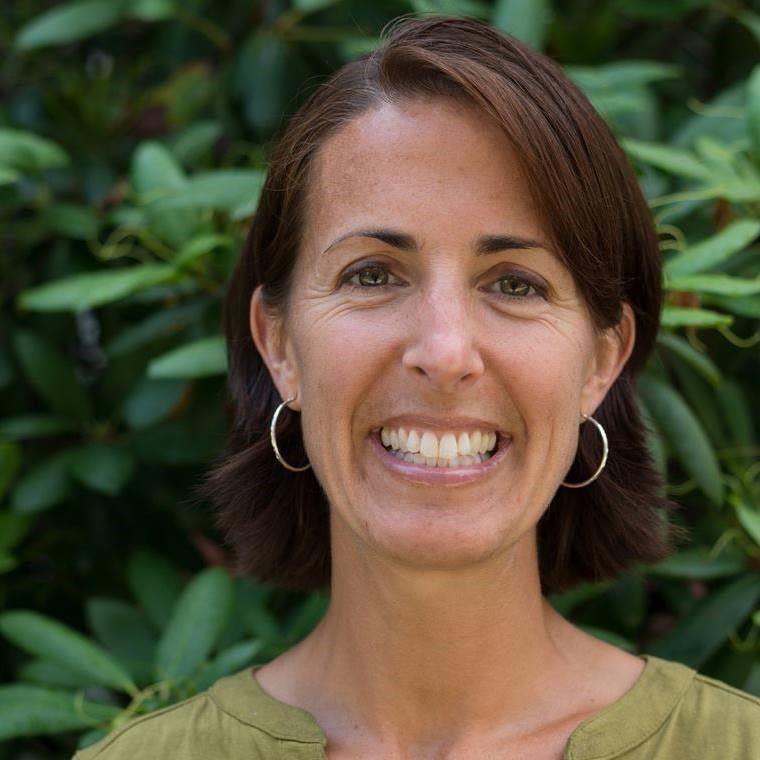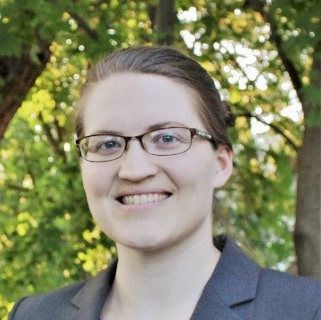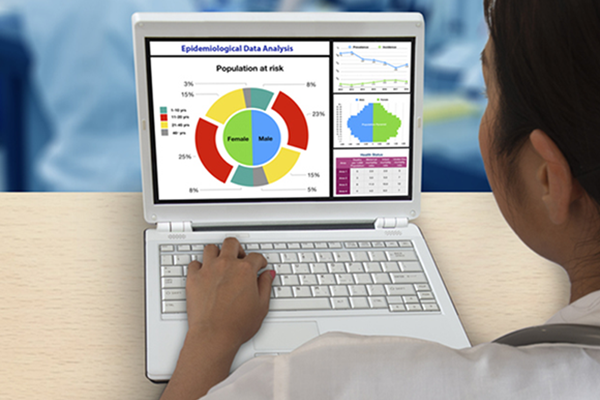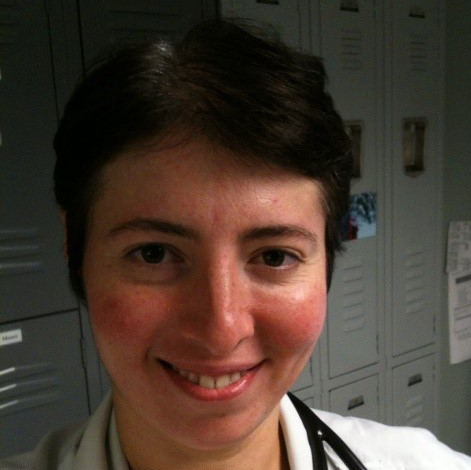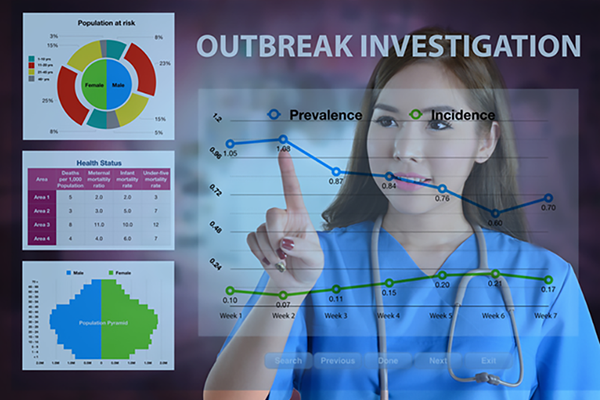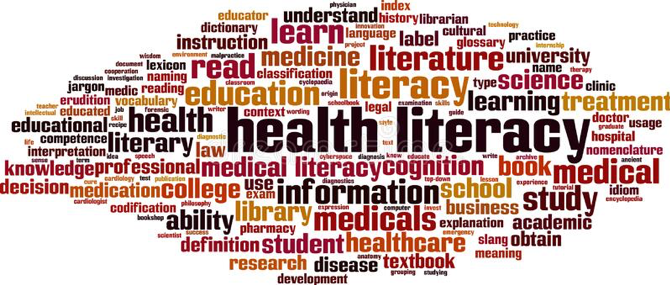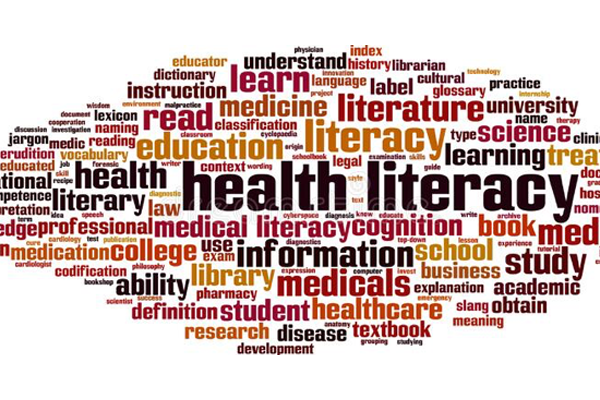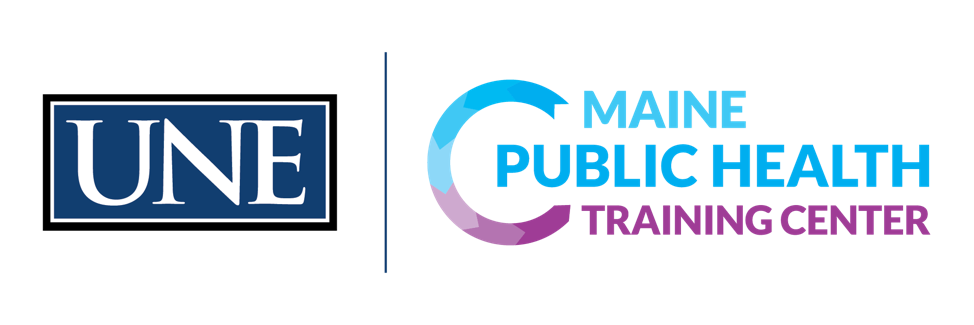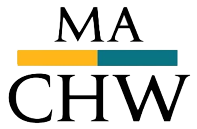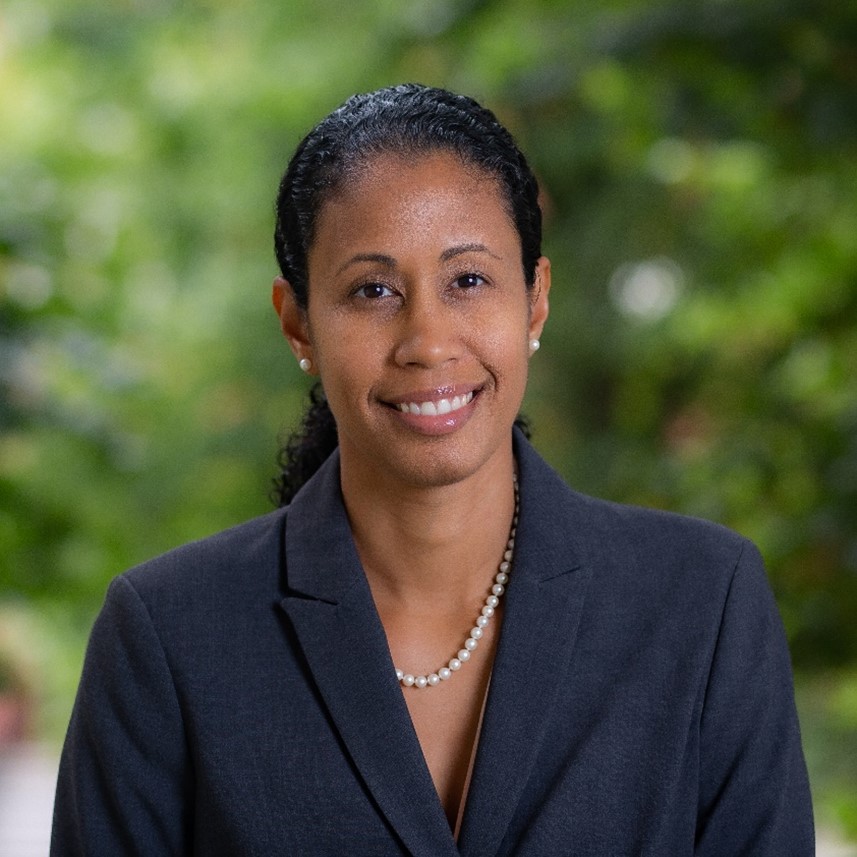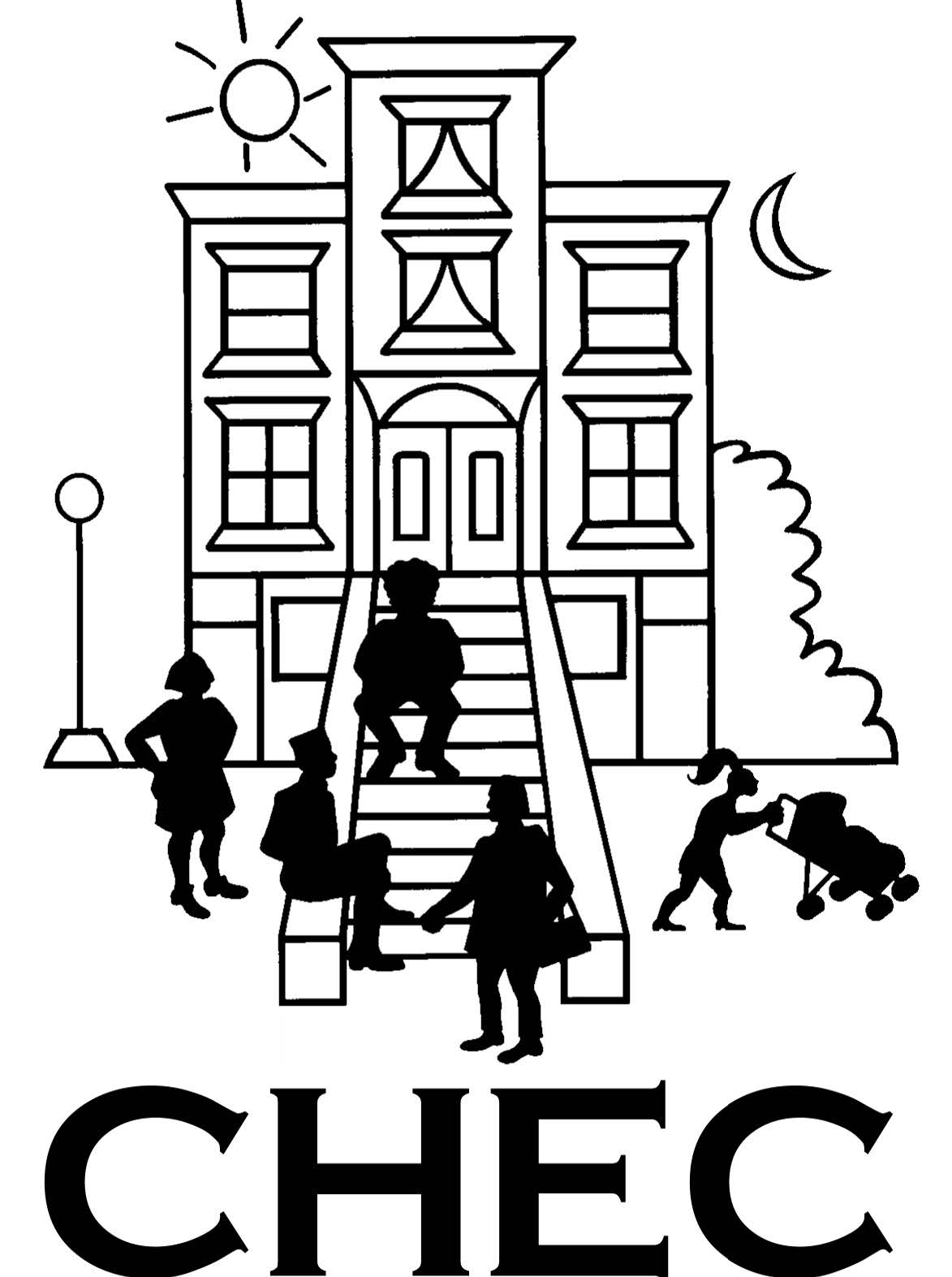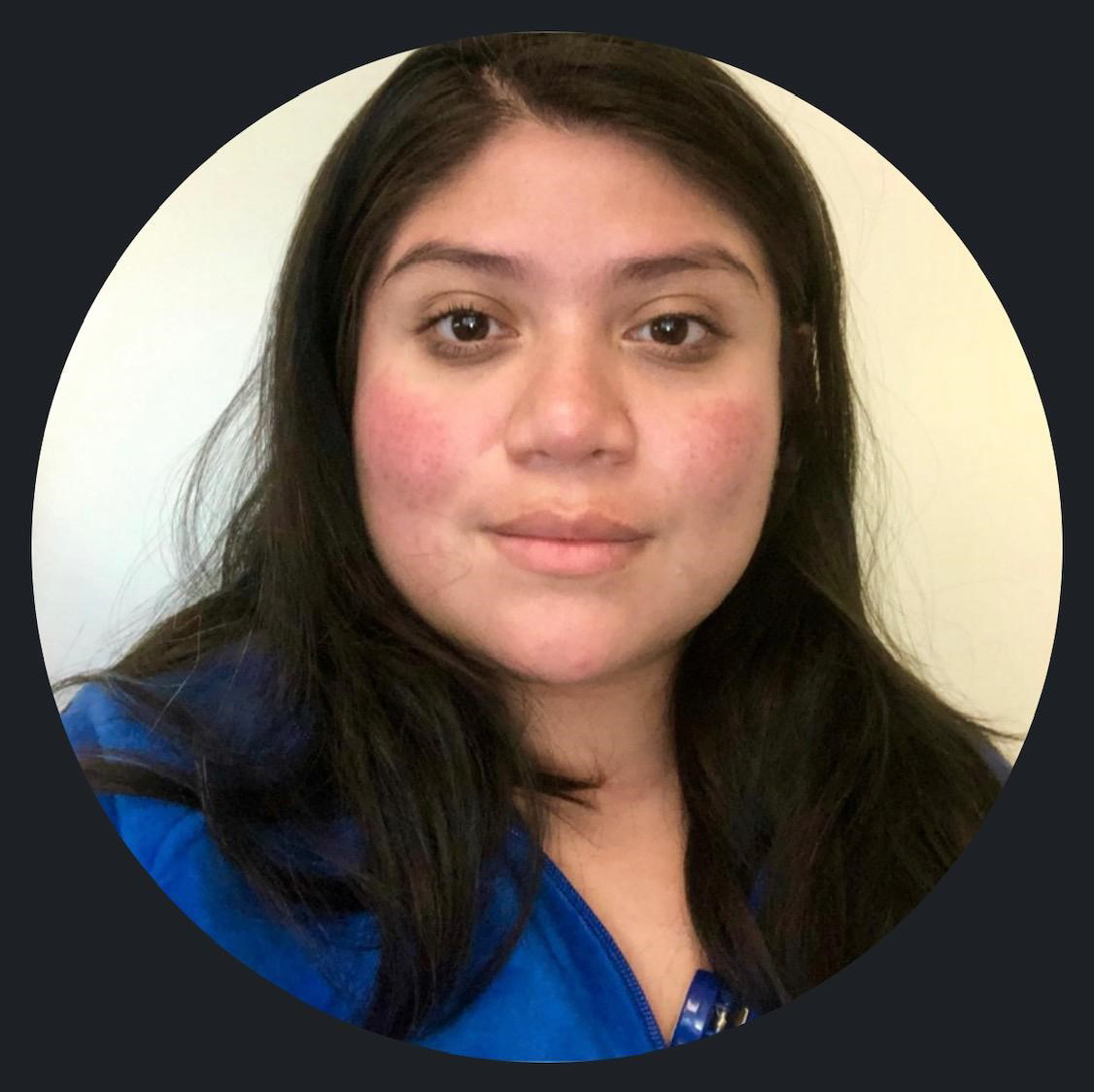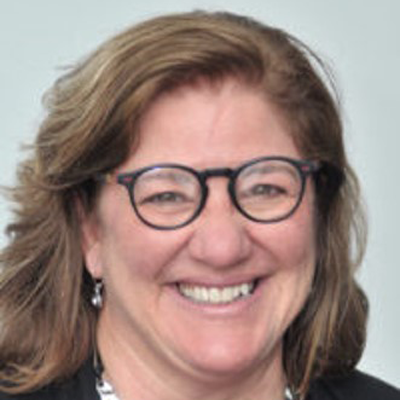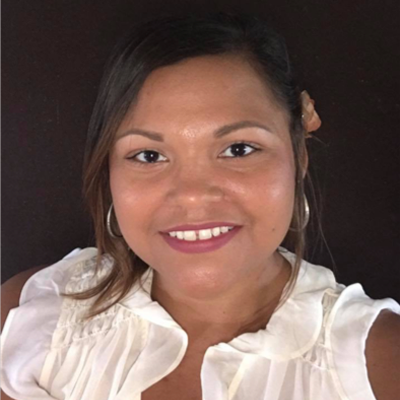
Coronavirus Seminar Series: COVID-19: The Health Consequences of the Consequences
What are the long-tail health consequences of the COVID-19 pandemic? How will the social and economic changes from the pandemic shape population health in coming years and decades?

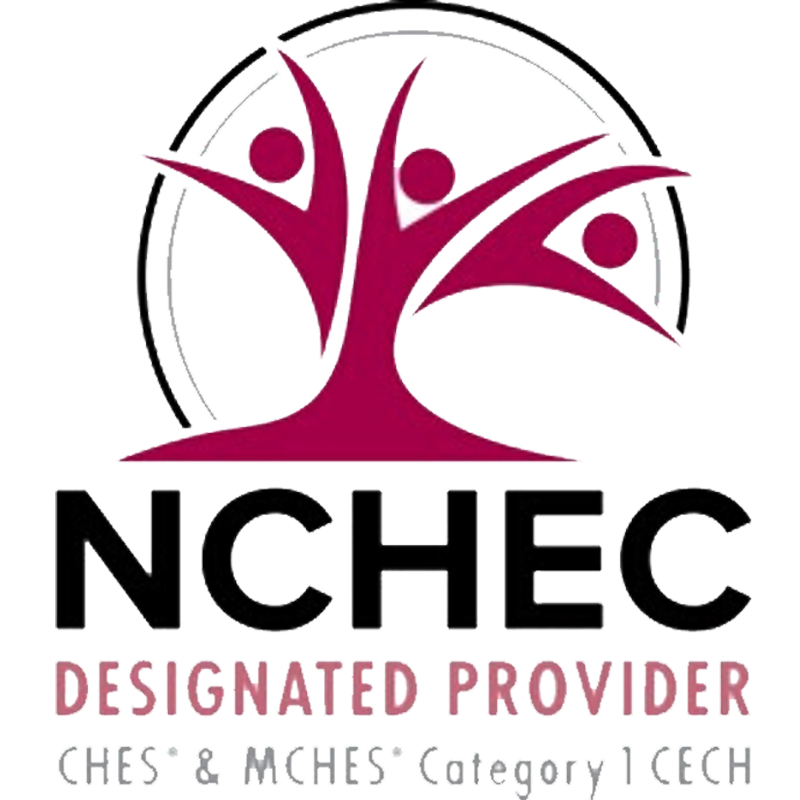
Register
Course Information
- Audience: Public health professionals, health professionals, community health workers, public interested in the intersection of coronavirus pandemic and economic downturn
- Format: Webinar
- Date/Time: Thursday, April 16, 2020 4:00-5:00pm ET
- Price: Free
- Length: 1 hour
- Credential(s) eligible for contact hours: Sponsored by New England Public Health Training Center (NEPHTC), a designated provider of continuing education contact hours (CECH) in health education by the National Commission for Health Education Credentialing, Inc. This program is designated for Certified Health Education Specialists (CHES) and/or Master Certified Health Education Specialists (MCHES) to receive up to 1 total Category I continuing education contact hour. Maximum advanced-level continuing education contact hour is 1. Provider ID: SS1131137, Event ID: 04162020. If you are not seeking CHES/MCHES contact hours, if you complete the evaluation, you will receive a Certificate of Completion. The Certificate will include the length of the course.
- Competencies: Leadership and Systems Thinking Skills
- Learning Level: Awareness
- Companion Trainings:
Mental Health in a Time of Crisis
- Supplemental materials: NA
- Pre-requisites: None
About this Seminar
This seminar explores the long-tail health consequences of the COVID-19 pandemic. The experts will examine the social and economic changes that have emerged as a result of the COVID-19 pandemic and how these changes will shape population health in the coming years and decades.
Note: This seminar was developed and recorded by BUSPH. The BUSPH Coronavirus Seminar Series addresses different aspects of the coronavirus pandemic, bringing together experts to discuss the causes and consequences of this global pandemic.
The seminars aim to provide our community and the public with state-of-the-science information about the pandemic and its intersection with public health and keep us all connected to one another during this time.
NEPHTC is making this recording
available to the public health workforce with CHES credits and a certificate of completion.
What you'll learn
At the end of the seminar, participants will be able to:
- Describe evidence that may imply possible negative effects of COVID pandemic on in utero effects on developing fetus
- Describe evidence for negative health consequences from previous economic downturns
- Identify major risk factors and mitigating factors for long-term adverse economic consequences of pandemic
- Describe health outcomes of people who entered the labor market at times of economic recessions
Moderator

Sandro Galea, MD, DrPH
Dean and Robert A. Knox Professor
Boston University School of Public Health
Janet Currie
Henry Putnam Professor of Economics and Public Affairs, Princeton University

Catherine Maclean
Associate Professor, Temple University, Co-Editor at the Journal of Policy Analysis and Mgmt.

Arjumand Siddiqi
Associate Professor, Dalla Lana School of Public Health, University of Toronto
Sandro Galea, a physician, epidemiologist, and author, is dean and Robert A. Knox Professor at Boston University School of Public Health. He previously held academic and leadership positions at Columbia University, the University of Michigan, and the New York Academy of Medicine. He has published extensively in the peer-reviewed literature, and is a regular contributor to a range of public media, about the social causes of health, mental health, and the consequences of trauma. He has been listed as one of the most widely cited scholars in the social sciences. He is chair of the board of the Association of Schools and Programs of Public Health and past president of the Society for Epidemiologic Research and of the Interdisciplinary Association for Population Health Science. He is an elected member of the National Academy of Medicine. Galea has received several lifetime achievement awards. Galea holds a medical degree from the University of Toronto, graduate degrees from Harvard University and Columbia University, and an honorary doctorate from the University of Glasgow.
Subject Matter Experts
Janet Currie is the Henry Putnam Professor of Economics and Public Affairs at Princeton University and the Co-director of Princeton’s Center for Health and Wellbeing. She also co-directs the Program on Families and Children at the National Bureau of Economic Research. She is the President of the American Society of Health Economics, has served as the Vice President of the American Economics Association, and is a member of the National Academy of Sciences, the National Academy of Medicine, and of the American Academy of Art and Sciences. She is a Fellow of the American Academy of Political and Social Science, the Society of Labor Economists, and of the Econometric Society, and has honorary degrees from the University of Lyon and the University of Zurich. She was named a Nomis Distinguished Scientist in 2018. She has served on the Board of Reviewing Editors of Science, as the Editor of the Journal of Economic Literature, and on the editorial boards of many other journals. Currie is a pioneer in the economic analysis of child development. Her current research focuses on socioeconomic differences in health and access to health care, environmental threats to health, and the important role of mental health.
Professor Maclean’s research uses health and labor economic theory to empirically explore the causes and consequences of substance use, mental health, insurance coverage, and labor market outcomes. She is particularly interested in the role of public policies in influencing these outcomes. Professor Maclean is a Research Associate in the Health Economics Program at the National Bureau of Economic Research and a Research Affiliate at the Institute of Labor Economics. She is a Co-Editor at the Journal of Policy Analysis and Management. Her recent work examines the effect of insurance regulations, tobacco control regulations, and access to healthcare services. Professor Maclean’s research is supported by the National Institutes of Health, Robert Wood Johnson Foundation, and the American Cancer Society.
Arjumand Siddiqi is Canada Research Chair in Population Health Equity and Associate Professor at the Dalla Lana School of Public Health, University of Toronto, where she also holds appointments in the Department of Paediatrics, Faculty of Medicine and the Hospital For Sick Children, as well as at the Gillings School of Global Public Health, University of North Carolina, Chapel Hill.
Dr. Siddiqi is interested in understanding how societal conditions produce and resolve inequities in population health and human development across the lifespan. Her research focuses primarily on the roles of resource inequities and social policies, the methods and metrics that enable scientific inquiry on health inequities, and mechanisms related to public and political uptake of evidence.
Dr. Siddiqi is an alumnus of the Canadian Institute for Advanced Research Global Academy and former Associate Member of its Program on Successful Societies. She was also a member of the World Health Organization’s Commission on Social Determinants of Health Knowledge Hub on Early Child Development, and has consulted to several international agencies including the World Bank and UNICEF. Dr. Siddiqi received her doctorate in Social Epidemiology from Harvard School of Public Health.
Registration
Select the Enroll Me button below to register for this webinar. If you have any trouble accessing the webinar, contact support@nephtc.org.
Acknowledgement: This project is/was supported by the Health Resources and Services Administration (HRSA) of the U.S. Department of Health and Human Services (HHS) under grant number UB6HP31685 “Regional Public Health Training Center Program.” This information or content and conclusions are those of the author and should not be construed as the official position or policy of, nor should any endorsements be inferred by HRSA, HHS or the U.S. Government.
* Yale School of Public Health, Office of Public Health Practice, a New England Public Health Training Center partner, is a designated provider of continuing education contact hours (CECH) in health education by the National Commission for Health Education Credentialing, Inc. All CHES credit inquiries are managed by YSPH








